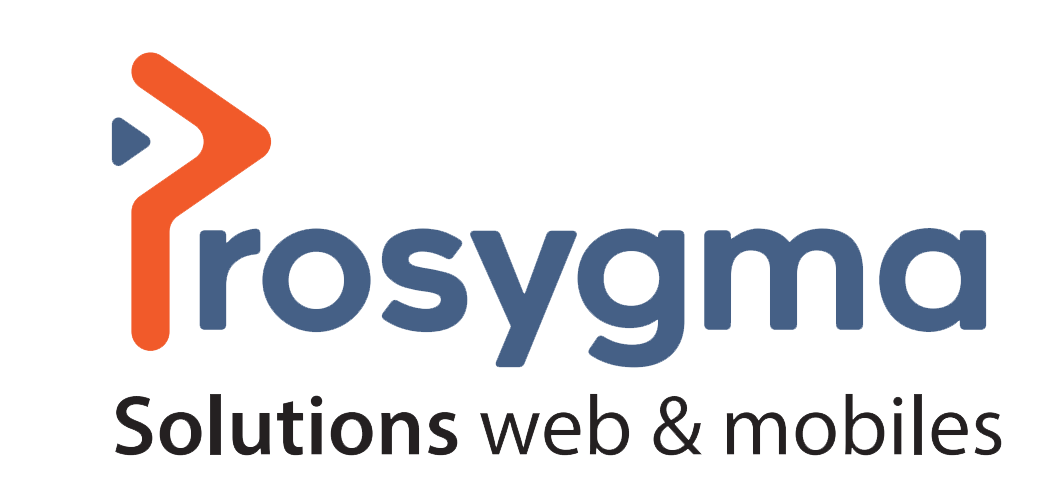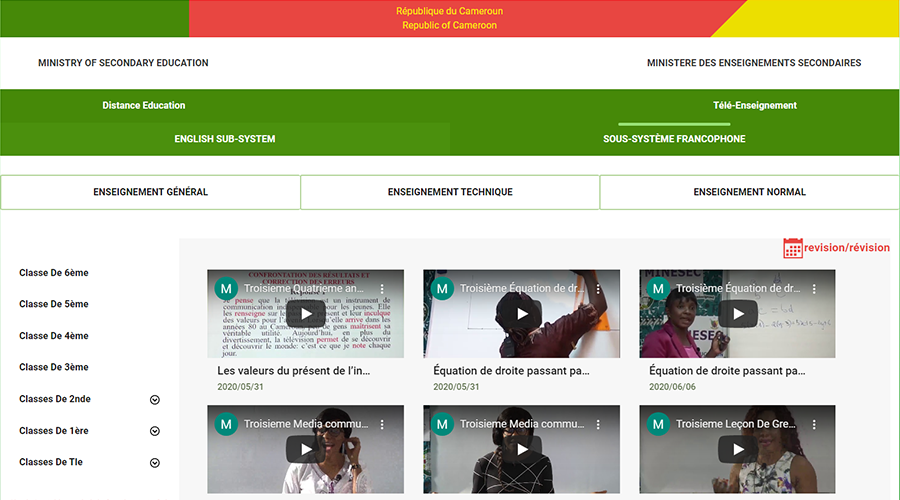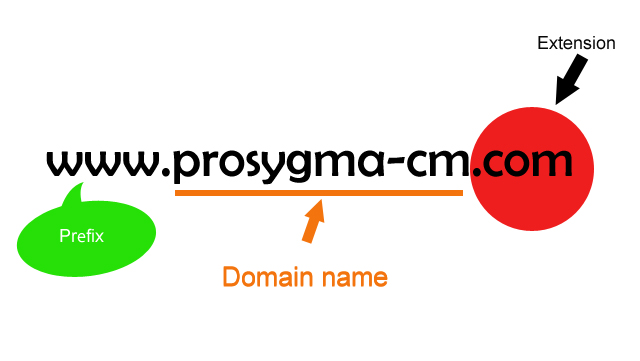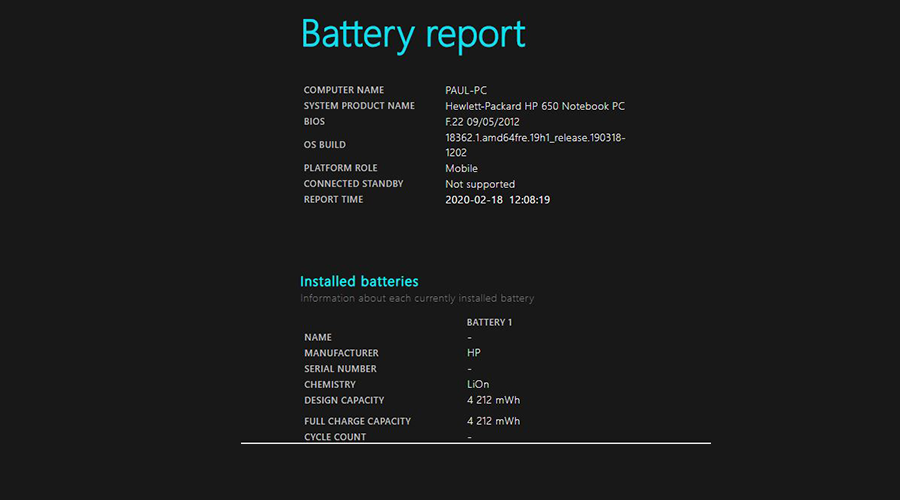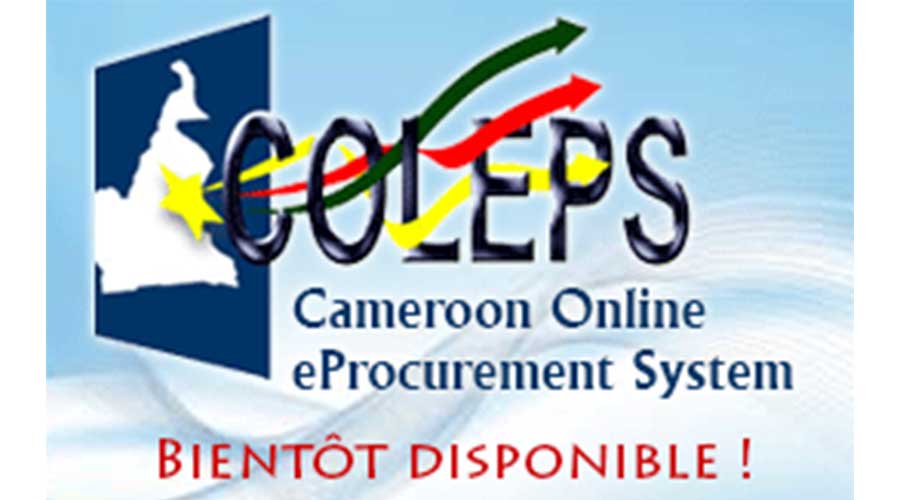
Cameroon expands the spectrum of contracts that can be awarded electronically
As part of the dematerialization of public procurement in Cameroon, the Minister in charge of the sector (Minmap), Ibrahim Talba Malla, signed on January 19, a decree setting the thresholds and types of contracts that can be awarded electronically for the fiscal year 2021. The minimum threshold of contracts that can be awarded electronically has been lowered, thus increasing the volume of contracts that can be taken into account.
For road contracts, this threshold increases from 500 million FCFA in 2020 to 300 million FCFA in 2021. For other infrastructure, it is 150 million FCFA in 2021 against 250 million in 2020. For buildings and collective equipment, the threshold is 75 million FCFA in 2021, against 100 million last year. For general supply contracts, the minimum threshold is set at 30 million FCFA in 2021 against 50 million in the previous year. As for contracts for services and intellectual services, the minimum threshold has been raised from 50 million FCFA previously to 30 million FCFA during this fiscal year.
"By lowering the threshold of these amounts, it gives the administration the opportunity to award a greater number of contracts online, which may not be the case if the ceilings are too high. Under the guise of the $500 million threshold, some jurisdictions were finding an excuse not to contract online. This lowering of the thresholds should change that," says one authoritative source.
Without naming them, the Minmap specifies that the project owners designated for the pilot phase of the dematerialization platform's operationalization must award at least 36% of their projects electronically.
The electronic procurement process is done through the dematerialization platform "Cameroon Online E-procurement System" (Coleps). The implementation of Coleps is financed by South Korea, up to 3 billion FCFA.
The ultimate goal is to reduce corruption in the public procurement sector in Cameroon. Because very often, it is the contact between providers and civil servants that encourages collusion. As proof, in its report presented at the end of 2018, the National Anti-Corruption Commission (Conac) indicated that the Ministry of Public Procurement was perceived as the most corrupt administration in the country.
Source : investiraucameroun.com
